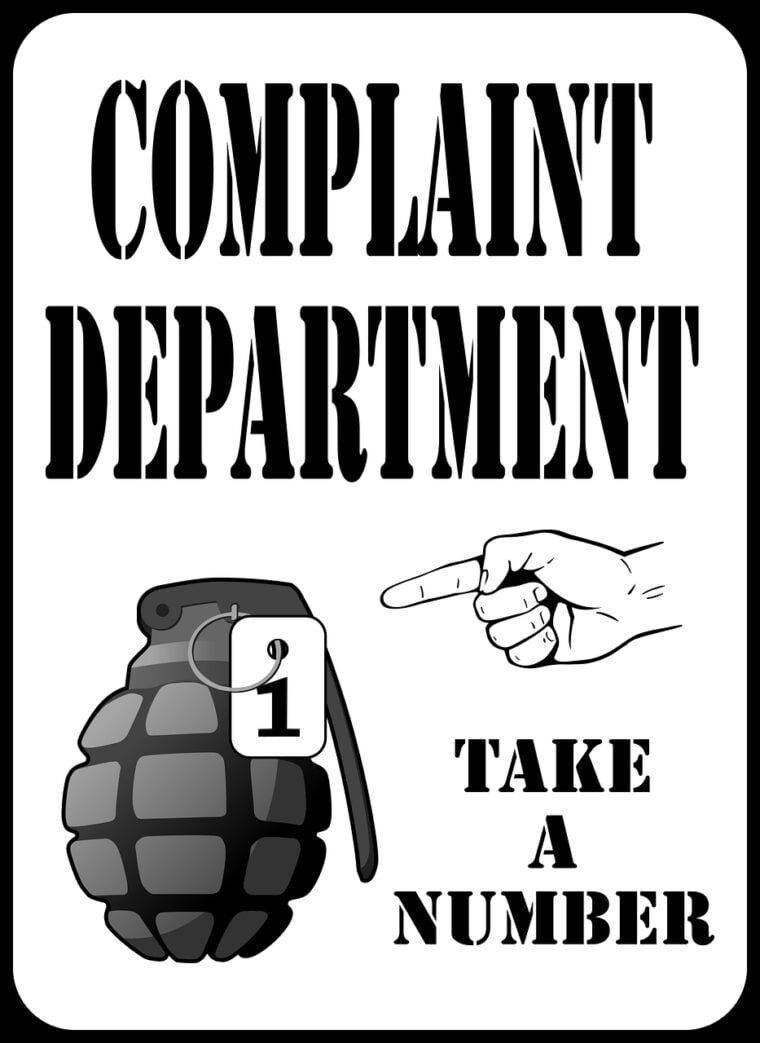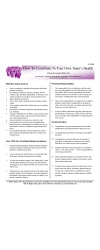You don’t have to respond to all negative customer comments made about you on social media. In fact, often it’s not worth responding, because the people who saw the initial complaint are unlikely to even see your response. This is particularly true on Twitter.
Here are some ways to decide whether to respond or not take from Perfect Phrases for Customer Service, Second Edition (Perfect Phrases Series)
Priorizing Customer Complaints On Social Media
If you work for a fairly large company and your job includes tracking and responding to complaints, it’s likely you’ll find it difficult to respond to every person who mentions your company name or brand in a negative way.
For this reason, you need to triage (assess priority and deal with the most important complaints), regardless of social media platform. For example, a poor review on the world’s most trafficked site for your product has way more business importance than a person with almost no audience writing on a blog or tweeting negatively about your product. In a perfect world, you’d respond to all, but that might not be possible. What do you consider?
Here Are The Questions You Need To Ask Yourself About A Social Media Complaint:
- Overall, what’s the complainer’s reach? That is, does he or she have many thousands of followers or friends on the platform, and is this person criticizing you in multiple places? The more friends and platforms used, the more reach.The more reach, the more important.
- Overall, what’s the complainer’s level of influence or credibility? People aren’t equal in terms of the levels of trust others place in them online. In each field there are those who can actually make or break a product or service (for example, you really want Oprah on your side!), and there are those who really aren’t very influential beyond the scope of their immediate social circle.
The more influential, the more care and effort needed. - What’s the tone of the complaint? Some complaints are well thought out, specific, logically stated, and well documented. Others may consist of phrases like “you suck.”The former is more credible and influential, while the latter is not. In fact the “you suck” comments probably don’t deserve any response (see immediately below).
- What’s the likelihood of turning that customer around? The more reasonable the complainers seem, the more likely you will be able to help and/or satisfy them, while the more irrational the person, the less likely any goodwill will come from responding. If someone tweets that your company is a [blanking blank], you will accomplish nothing by responding.You will, however, waste your time and look stupid to others.
- Does the customer represent another business with whom you deal or an organization that provides you with a lot of your business? If so, this complaint becomes a priority.
- Add other criteria that’s relevant to your business, services, or products, but these are probably the big ones.






